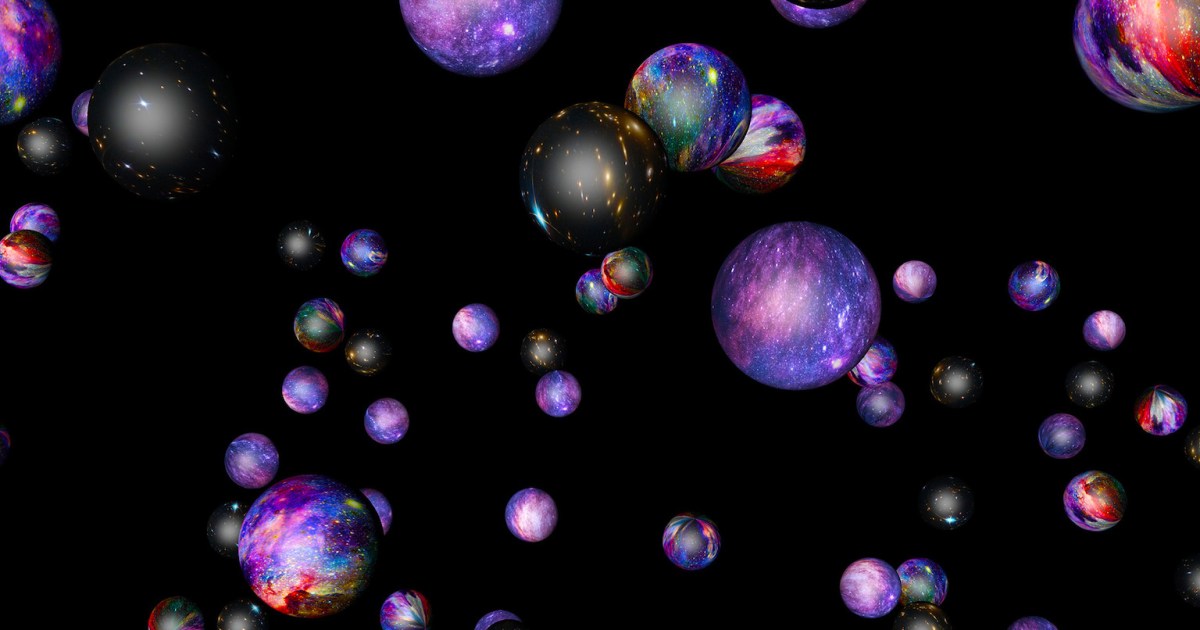
"The ultimate goal of science is to accurately describe and model reality in a predictively powerful way while addressing profound questions about the nature of reality."
"A model of reality must be self-consistent, maximize predictive power, be unique in scope, and have all predictions testable or otherwise observable."
"Many scientific ideas began disconnected from observable evidence but were later validated through experiments, highlighting the evolving nature of models in physics."
"The questions surrounding parallel universes and the multiverse reflect a broader uncertainty in physics that many researchers actively seek to understand and resolve."
Science seeks to accurately model reality with predictive power. The quality of a reality model is assessed on its self-consistency, limitations compared to alternative models, uniqueness in explanatory scope, and whether its predictions are testable. Despite many theories beginning with little experimental grounding, they later gain validation. Interest in concepts like parallel universes and the multiverse represents significant inquiries that physicists grapple with today, revealing ongoing uncertainties in foundational physics.
Read at Big Think
Unable to calculate read time
Collection
[
|
...
]